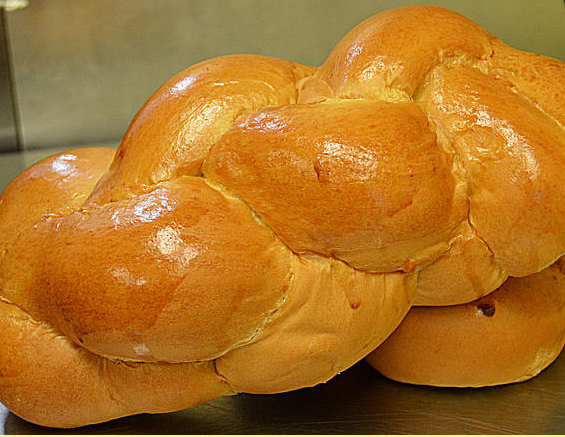What do we know about The Simplicity of Keeping Kosher at Kosher Bread Pro ? We know it’s a hot topic for Kosher Baking.
About The Simplicity of Keeping Kosher
There is simplicity in keeping kosher if you are Jewish. It is in the Torah, and not hard to decipher. One need not be Jewish to read and understand the law as stated.
Here are the basic rules:
1. Certain creatures may not be eaten, not even the smallest part about them including their eggs if they are birds.
2. Any creature that is okay to eat must be killed according to the law as written in the Torah.
3. No blood from any creature may be eaten; it must be drained completely or broiled away.
4. There are even certain pieces of allowed creatures that may not be eaten.
5. Meat may not be eaten with dairy, and may not come in contact with each other, nor may any utensils used on either may come in contact with each other.
6. Any non-Jewish produced grape product may not be eaten.
If you are a vegetarian, keeping kosher is your normal state of living. The very hardest part of keeping kosher is how to deal with meat products. There is a very precise ritual in how to kill any living thing for food. There are very precise lists of what exactly may or may not be eaten. Leviticus and Deuteronomy both state anything which has cloven hooves AND chews a cud may be eaten. Anything with fins and scales may be eaten. The fowl are less clear, but there is a list that says what may not be eaten, leaving everything else open for food.
Keeping kosher while eating meat products is difficult unless there is a kosher meat shop in your area, or unless the meat is wrapped and stamped kosher. To keep kosher meat it must be slaughtered by a shochet. This is not an average butcher, but a butcher who is a devout, and obedient to Jewish law. The shochet is practiced in slaughtering so deftly and quickly that it is a virtually painless process. Keeping kosher means there is to be no undo pain or stress on the animal that is being butchered. If it is found that a butchering knife had a nick, or the animal was not properly dispatched in any way, the meat may not be called kosher and may not be eaten by any Jewish people, though it may be sold to non-Jews.
The easiest way for a Jewish cook to keep kosher, whether in the home or in a public eating-place, is to keep separate utensils in the kitchen. There should be pots, pans, and cutlery in separate areas of the room designated for either cooking meats or dairy. This is, perhaps, the hardest part of keeping kosher for a Jewish family in today’s world. Now, everything has to be so fast, so on the go; but to keep kosher takes time, thought and preparation. Once the food is placed on the table, it tastes the same, looks the same and really, is the same, as anything called non-kosher. Keeping kosher is not about the food itself, but about the ritual behind it’s preparation.
Thanks for reading. If you found this article helpful be sure to check out more kosher information, tips, and more articles about Jewish cooking on my website: www,jewishhomecooking.com
Source: www.articledashboard.com

